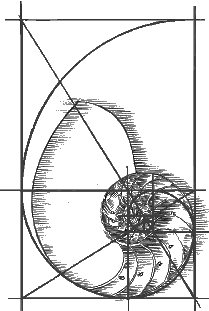
|
Docta Ignorantia L
Suggested Questions for SEAD 1- Where is the Anglican Magisterium? 2- Which comes first: systematics, liturgy, scripture? 3- Does Anglican Doctrine include or need Logos Theology? What is Logos Theology? 4- Assuming that the Realism/Nominalism discussion is archetypal, how is it playing out today? 5- Is there justification in modern terms for maintaining a non-biblical doctrine (Trinity) as the center piece of Christian liturgy, piety and systematics? 6- We must rehabilitate the great "heretics:" Arius, Nestorius, Monophysites, Albigenses, Radical Franciscans, Joachim, Jansen, Teilhard, etc. Our religion is not catholic until it can sympathetically account for if not also include all persistent points of view (epistemological stochastic structures). 7- Comment on this phenomenon, that regarding Jesus, the Apostles or the Early Church, we have four relevant factors:
Regarding this situation, one observation is that what tradition says is usually less than what was meant and that what was meant is usually more than what was fact. 8- Every SEAD participant should write a plenary exposition and defense of any doctrine they find distasteful or inappropriate. Criticism of any doctrine should be considered only after such exposition and defense of it are present. There's a lot of ill-informed, ill-considered and ill-worthy disquisition going on today, a lot of rhetorical straw men and women are burned in high glee and a lot of second-hand opinion is received and promulgated as primary evidence of theologians' or others' work. When these qualities are present the resulting discussion is worth than useless. Therefore, this traditional and effective tool of scholarly discipline (honesty) should be applied. The Thomas Pledge
Adwaitha Hermitage
|
